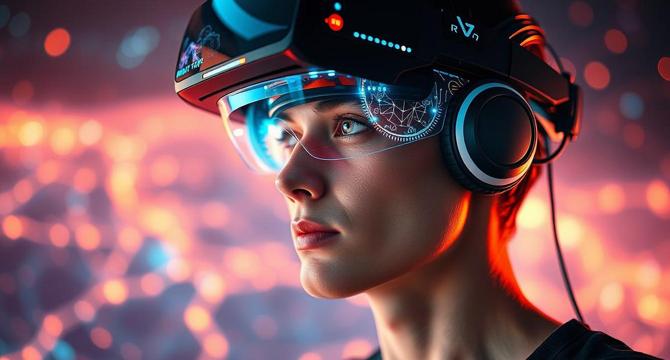Medium
2d
142

Image Credit: Medium
Gaming With Your Brain: No Controller Required
- Neural gaming, using headsets to read brain signals, lets players control games just by thinking.
- AI algorithms interpret brain signals turning thoughts into in-game actions, representing a major shift in gaming.
- Companies like Neurable and EMOTIV offer headsets allowing gamers to control gameplay with their minds.
- The evolution of controllers from joysticks to neural networks highlights the transformative impact of neural gaming.
- Current neural gaming technologies like Emotiv’s EPOC and NeuroSky’s MindWave enable players to control games through brain signals.
- While there are some delays in fast-paced games, advancements in neural gaming algorithms are improving accuracy and responsiveness.
- Testing neural gaming revealed initial challenges but demonstrated progress and the potential for enhanced gaming experiences.
- AI-powered neural gaming uses machine learning to interpret brain signals, creating dynamic and personalized gameplay experiences.
- The future of neural gaming includes advancements in AI algorithms, dry EEG sensors, and haptic feedback for more immersive gameplay.
- Neural gaming poses questions about data ownership and privacy but holds promise for inclusive and interactive gaming experiences.
Read Full Article
8 Likes
For uninterrupted reading, download the app